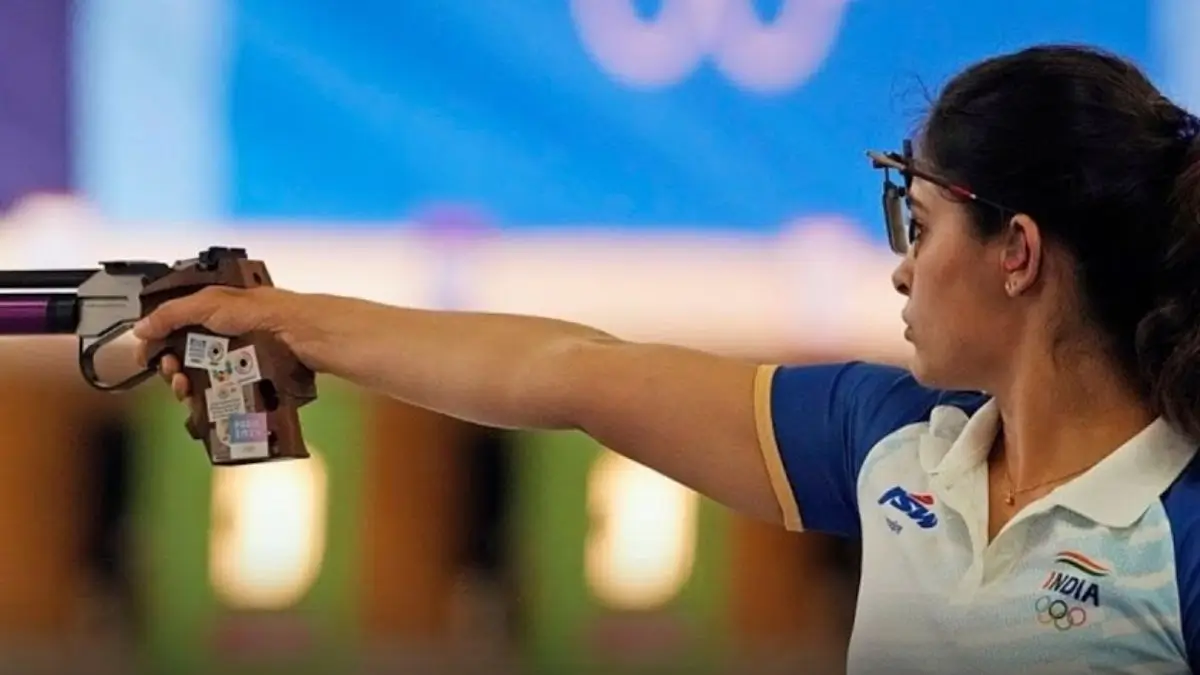ICC Bans UK Cricketer Rizwan Javed for Over 17 Years for Match-Fixing
In the ever-evolving world of sports, the International Cricket Council (ICC) has taken a stringent stand against corruption by imposing a ban of over 17 years on UK cricketer Rizwan Javed. This landmark decision comes after a thorough investigation into allegations of match-fixing, marking a crucial moment in cricket history. Examining the details of this incident provides valuable insights for aspirants preparing for government exams, including positions in teaching, police, banking, railways, defense, and civil services like PSCS to IAS.
Introduction:
The cricketing world was shaken when the ICC announced the ban on Rizwan Javed, a prominent UK cricketer, for his involvement in match-fixing activities. This article delves into the significance of this news for government exam aspirants and sheds light on the intricate details surrounding the incident.

Why this News is Important
I. The Impact on Sports Integrity
The ban on Rizwan Javed underscores the ICC’s commitment to maintaining the integrity of the sport. This development emphasizes the gravity of match-fixing and its repercussions on the credibility of cricket.
II. Legal Ramifications
The ban raises questions about the legal consequences of such actions. Aspirants should be aware of the legal frameworks in place to combat corruption in sports, which can be vital information for exams testing knowledge of current affairs.
III. Deterrent for Future Offenders
By imposing a lengthy ban, the ICC aims to deter other players from engaging in corrupt practices. This serves as a warning to those considering compromising the sanctity of the game.
IV. International Collaboration
The investigation and subsequent ban showcase the importance of international collaboration in addressing issues of corruption in sports. Aspirants should understand the significance of global cooperation in maintaining fair play.
V. Examining Cricket Governance
This incident prompts a closer look at the governance structures within cricket boards. Understanding the roles and responsibilities of governing bodies becomes crucial for those aspiring to enter administrative positions.
Historical Context
Cricket has witnessed several instances of match-fixing scandals over the years. The notorious cases involving Hansie Cronje and Salman Butt serve as reminders of the persistent challenges in preserving the sport’s integrity. The historical context provides perspective on how authorities have grappled with similar issues in the past.
5 Key Takeaways from “ICC Bans UK Cricketer Rizwan Javed for Over 17 Years for Match-Fixing”
| Serial Number | Key Takeaway |
|---|---|
| 1. | Lengthy Ban Reflects Severity of Offense |
| 2. | Legal Implications of Match-Fixing in Cricket |
| 3. | ICC’s Efforts to Safeguard Sports Integrity |
| 4. | Deterrence as a Tool Against Corruption |
| 5. | Importance of International Collaboration in Sports Governance |
Important FAQs for Students from this News
Q1: Why was Rizwan Javed banned by the ICC?
Answer: Rizwan Javed was banned by the ICC due to his involvement in match-fixing activities, as revealed in a thorough investigation.
Q2: How long is the ban imposed on Rizwan Javed?
Answer: The ICC has imposed a ban of over 17 years on Rizwan Javed for his role in match-fixing.
Q3: What are the key takeaways for government exam aspirants from this news?
Answer: Government exam aspirants should focus on understanding the severity of the offense, legal implications, efforts to safeguard sports integrity, deterrence against corruption, and the importance of international collaboration in sports governance.
Q4: How does the Rizwan Javed case contribute to the broader context of cricket history?
Answer: The Rizwan Javed case adds to the historical context of match-fixing scandals in cricket, highlighting the ongoing challenges in preserving the sport’s integrity.
Q5: What can aspiring administrators learn from this incident?
Answer: Aspiring administrators can glean insights into cricket governance and the roles of governing bodies in addressing and preventing corruption within the sport.
Some Important Current Affairs Links

















